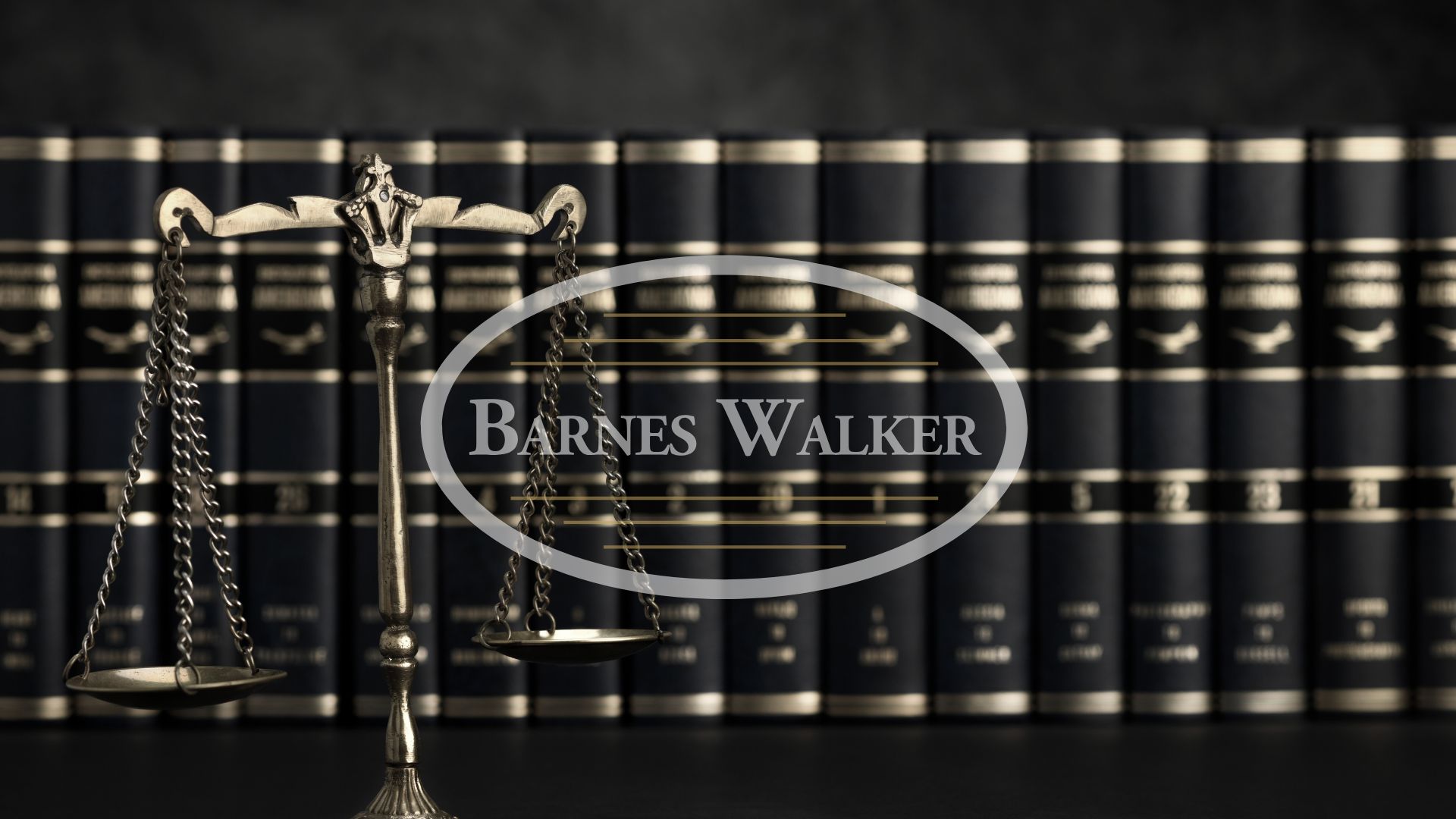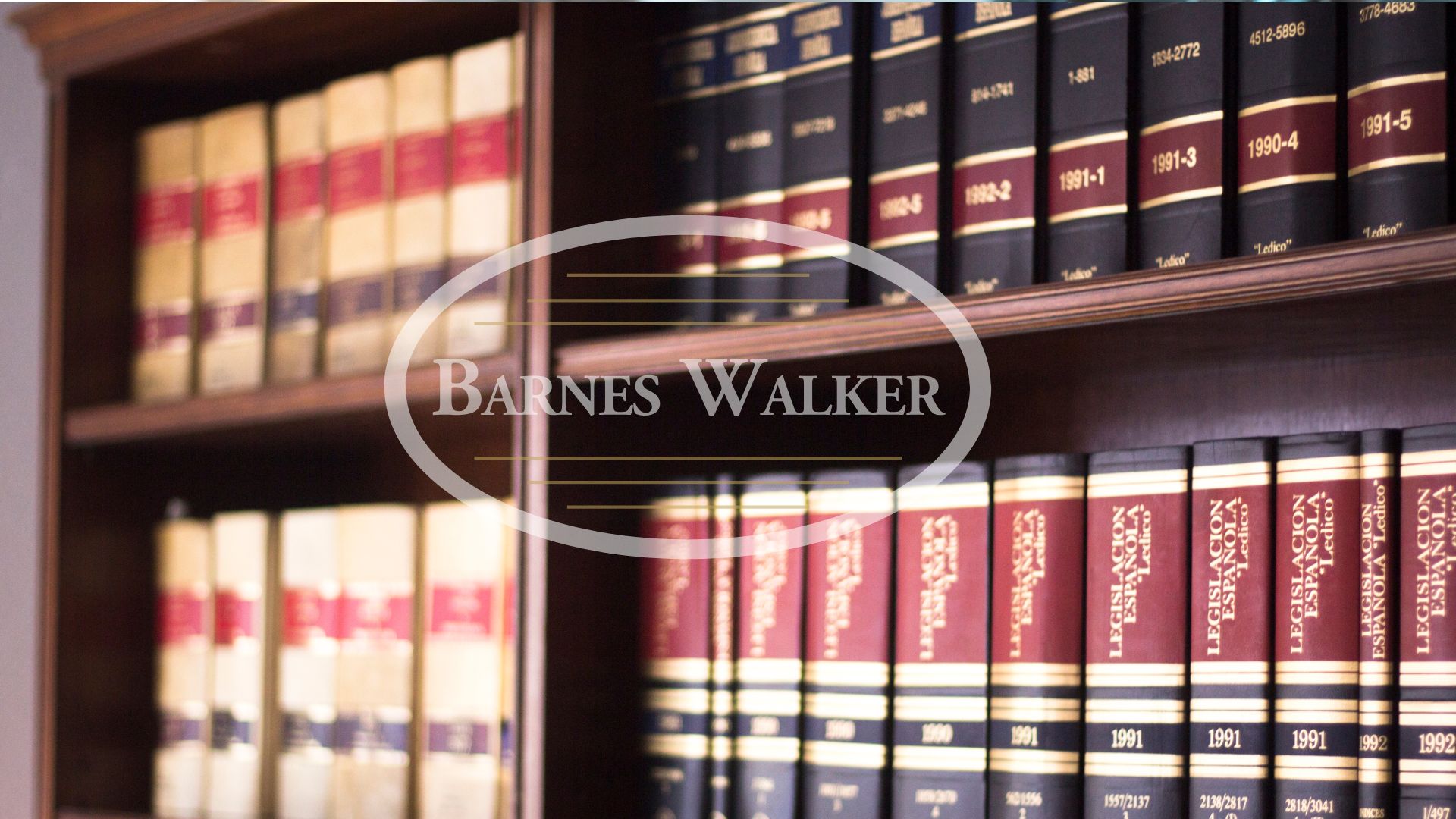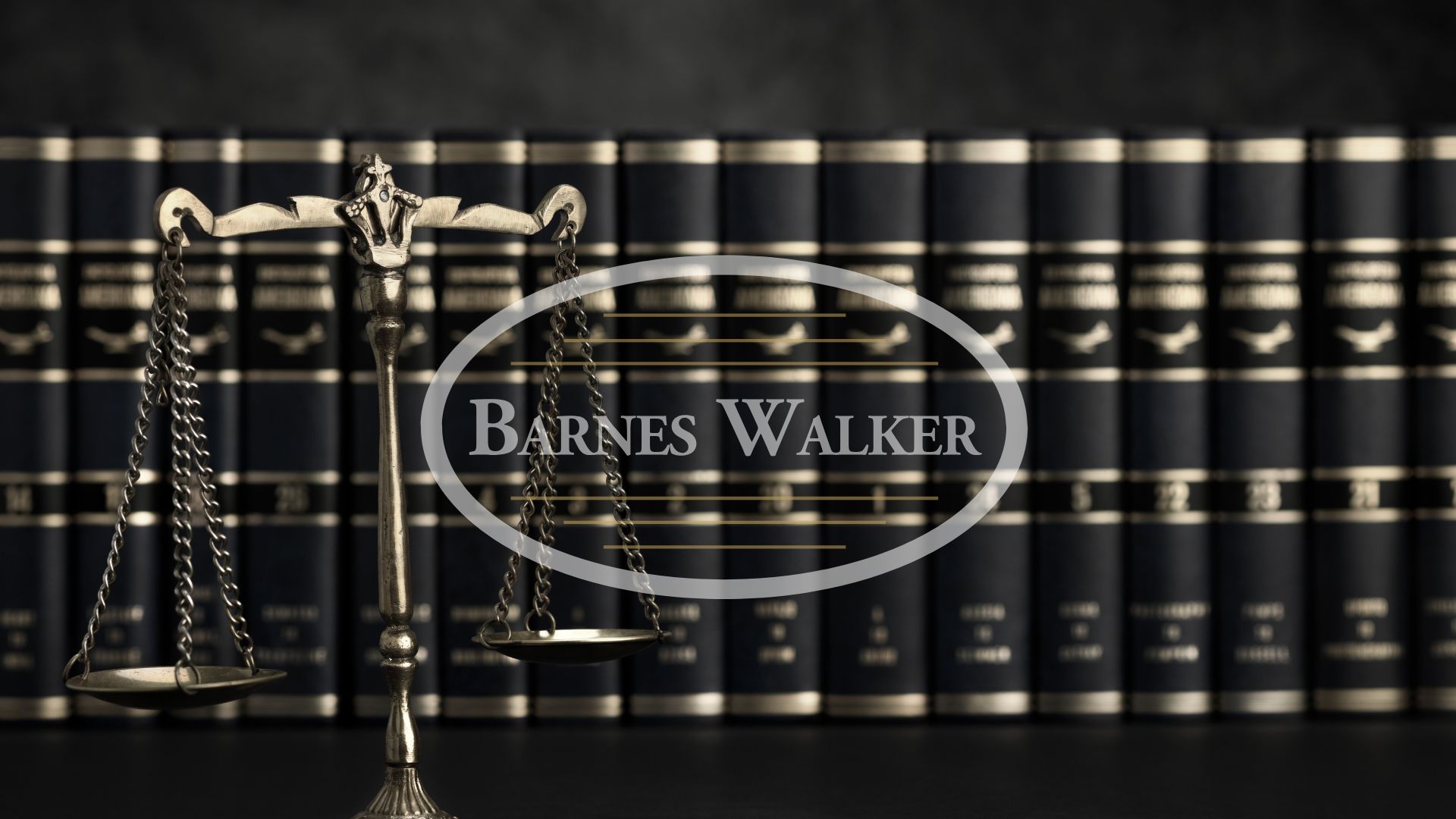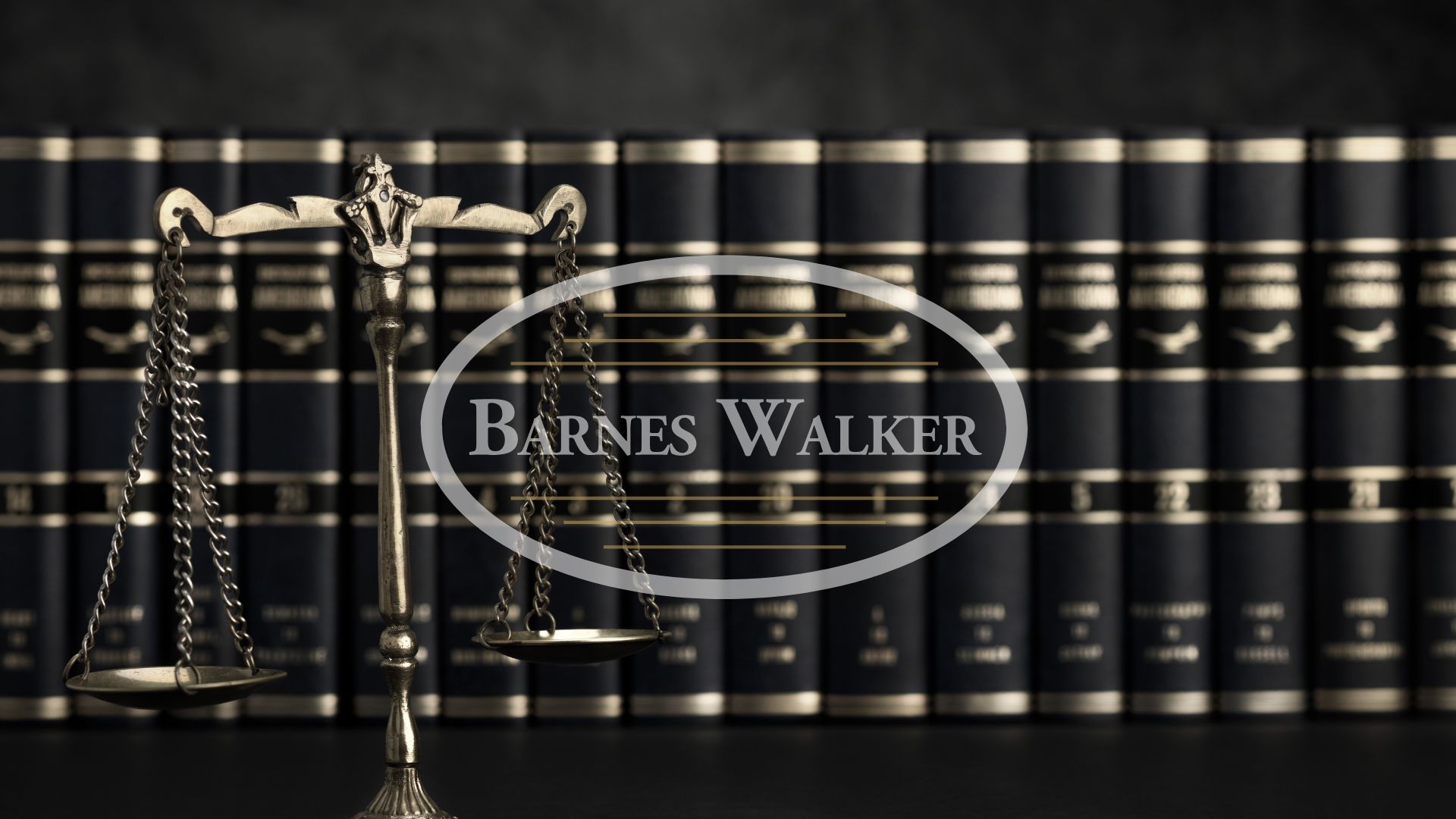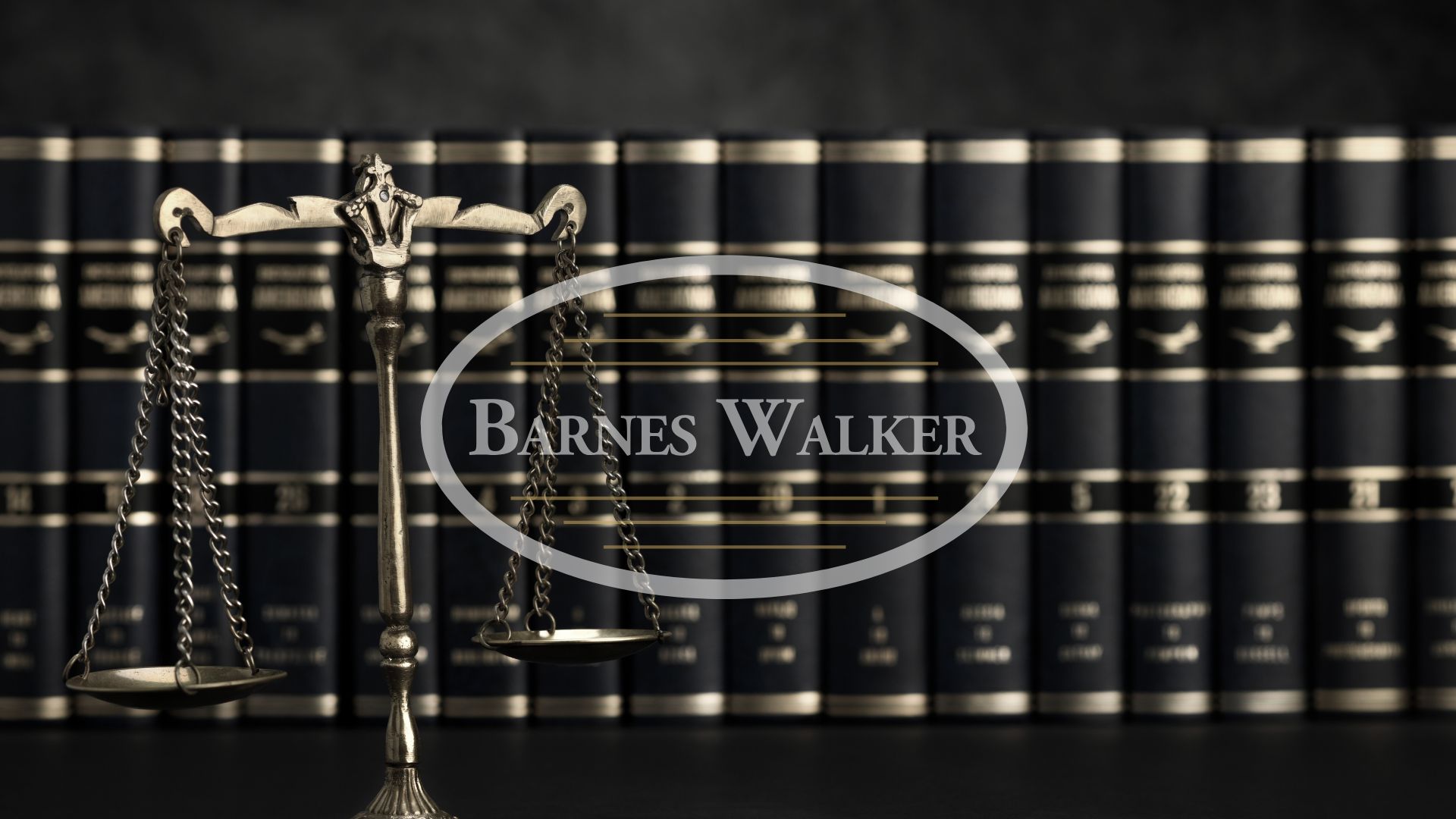
Civil Litigation vs. Mediation in Florida: Choosing the Right Path to Resolve Your Dispute
When a serious disagreement arises—whether over a contract, property, or business matter—one of the first questions people ask is, “Do I have to sue?” The answer often depends on the nature of the conflict and the outcome you want to achieve. In Florida, many disputes can be resolved through mediation before turning to the courtroom. Understanding the difference between civil litigation and mediation helps you make the best decision for your situation. At Barnes Walker, our dispute resolution attorneys guide clients through both processes, helping them choose the most effective and cost-efficient way to reach resolution.
What Is Civil Litigation in Florida
Civil litigation in Florida is the formal process of resolving non-criminal disputes in court. It begins when one party (the plaintiff) files a lawsuit against another (the defendant), seeking relief such as money damages, contract enforcement, or injunctive action. Civil litigation is governed by the Florida Rules of Civil Procedure and handled in either county or circuit courts depending on the amount in controversy and the type of claim.
Common types of civil litigation include:
- Breach of contract claims
- Real estate and property disputes
- Partnership and shareholder disagreements
- Construction or development conflicts
- Trust, estate, and probate contests
Litigation can be a powerful tool when a matter requires judicial enforcement or when the other party refuses to negotiate. However, it can also be time-consuming, expensive, and public. For these reasons, many Florida courts encourage parties to attempt mediation before proceeding to trial.
What Is Mediation and How Does It Work
Mediation is a voluntary and confidential process in which a neutral third party—called a mediator—helps disputing parties reach a mutually acceptable agreement. Unlike a judge or arbitrator, the mediator does not make decisions or impose outcomes. Instead, they facilitate communication and guide the parties toward compromise.
Florida law strongly supports mediation as an alternative form of dispute resolution. In fact, many courts require mediation before allowing a case to proceed to trial. The goal is to save time, reduce legal costs, and preserve relationships wherever possible. Mediation sessions are typically private and less formal than court hearings, allowing parties to control both the pace and outcome of their dispute.
Mediation vs. Litigation in Florida: Key Differences
While both processes aim to resolve disputes, they differ significantly in structure, cost, and control:
| Aspect | Mediation | Litigation |
|---|---|---|
| Control | Parties control the outcome by mutual agreement | A judge or jury decides the outcome |
| Cost | Typically less expensive and faster | Can involve higher legal fees and longer timelines |
| Confidentiality | Private and confidential discussions | Public record and court filings |
| Formality | Informal, collaborative setting | Structured process with strict rules of procedure |
| Outcome | Only binding if both parties agree and sign | Binding by court order or judgment |
When to Go to Court vs. Mediation
Knowing when to choose mediation vs. litigation in Florida depends on your goals, the nature of the dispute, and the behavior of the other party. Mediation is ideal when both sides are willing to communicate and explore compromise. Litigation may be necessary when the other party refuses to cooperate, when significant financial damages are at stake, or when a legally enforceable ruling is required.
You should consider going to court if:
- The opposing party is unresponsive or acting in bad faith
- You need a binding judgment to enforce a contract or collect damages
- There are urgent issues, such as injunctions or property rights, that require court intervention
Mediation may be the better option if:
- Both parties are open to discussion and compromise
- You want to maintain an ongoing business or personal relationship
- You prefer a faster and more private resolution
Our Role as Dispute Resolution Attorneys
At Barnes Walker, we represent clients in both mediation and litigation across Sarasota, Manatee, and the surrounding Florida counties. Our attorneys understand how to leverage both processes strategically—using negotiation to resolve issues quickly and litigation when it is necessary to protect your rights. We also work closely with court-certified mediators and opposing counsel to explore every possible avenue for settlement before trial, saving our clients valuable time and resources.
Balancing Strategy and Practicality
Every case is unique, and the best path depends on the facts, personalities, and financial realities involved. Our approach is simple: we assess the strengths of your position, identify opportunities for resolution, and help you make informed decisions that align with your goals. Whether that means pursuing civil litigation in Florida or resolving matters through mediation, our attorneys act as both advocates and advisors—ensuring that every action taken moves you closer to a fair and efficient outcome.
Contact Barnes Walker
Do you have a dispute and are unsure whether to go to court or mediation. The attorneys at Barnes Walker are here to help you evaluate your options and choose the most effective path forward. Our firm has decades of experience resolving commercial, real estate, and business conflicts throughout Sarasota, Bradenton, and Manatee County. Contact us today to schedule a consultation with an experienced dispute resolution attorney.
Sources
Learn more about our Litigation services in Florida.
Trust • Experience • Results
Ready to Get Started?
Get started with Barnes Walker today.



